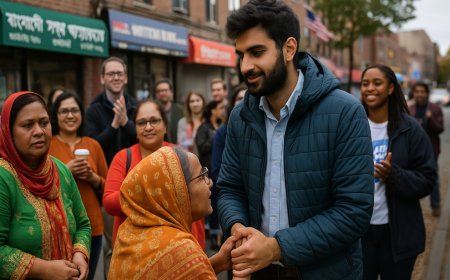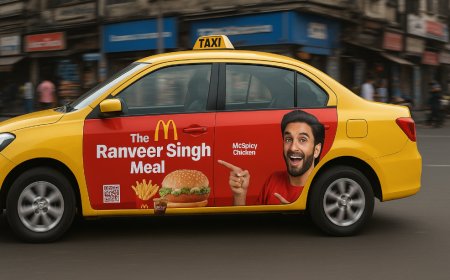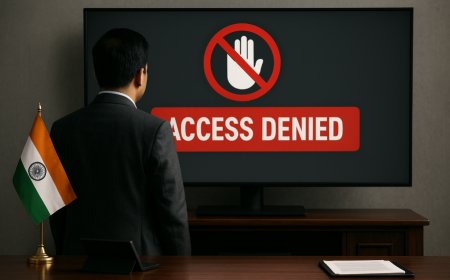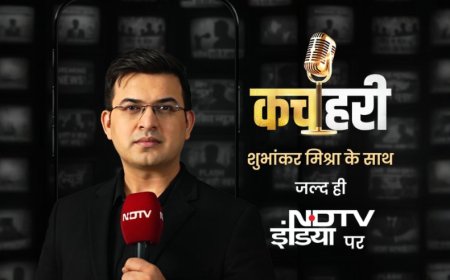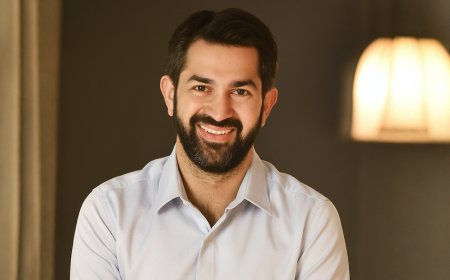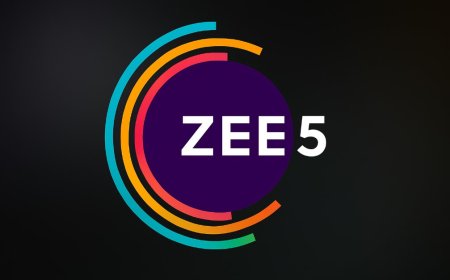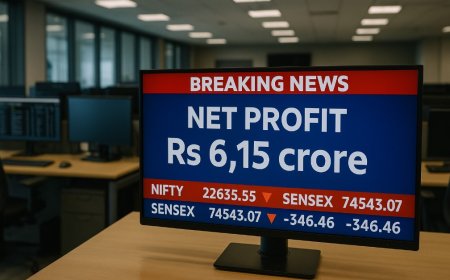Virat Kohli's Game-Changing Move: From PUMA Partnership to Building a Global Indian Brand
ricket icon Virat Kohli ends his eight-year, Rs 100 crore partnership with PUMA despite a Rs 300 crore renewal offer, joining Indian sportswear brand Agilitas as an investor instead of ambassador, signaling his vision to build a global Indian brand through his One8 label while challenging PUMA to reimagine its marketing strategy after losing the influential star who generated Rs 250 crore through the PUMA One8 collaboration.
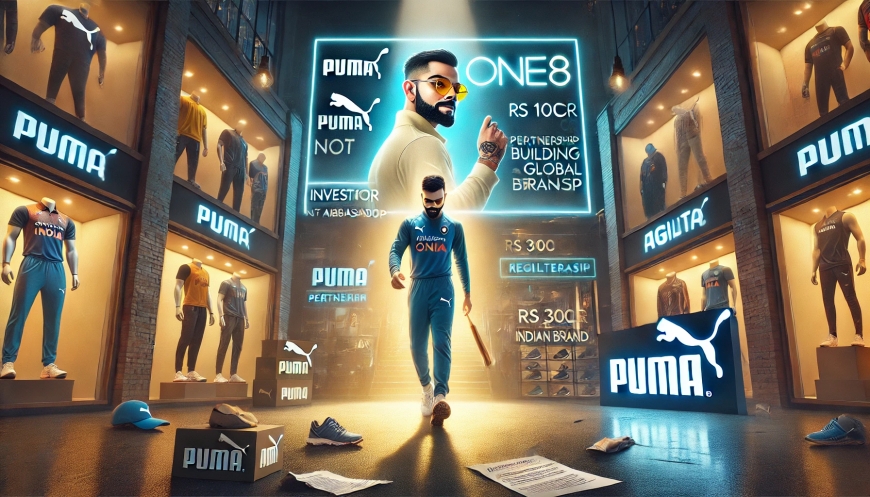
In a significant shift that has sent ripples through the sports marketing landscape, cricket icon Virat Kohli has officially ended his eight-year partnership with German sportswear giant PUMA. The announcement on April 11, 2025, marks not just the conclusion of one of India's most successful celebrity brand associations but potentially signals a transformative new chapter in the country's sportswear industry.
The End of an Era: Analyzing the PUMA-Kohli Partnership
The partnership, which began in 2017 with a groundbreaking Rs 100 crore deal, transformed both PUMA's market position in India and established new benchmarks for celebrity endorsements in the country. During this period, Kohli launched his lifestyle and athleisure brand, One8, under the 'PUMA One8' label, which reportedly generated an impressive Rs 250 crore in business.
Industry insiders reveal that despite PUMA offering a substantially increased deal valued at approximately Rs 300 crore to retain the cricketer, Kohli has chosen to pursue a different vision—one that aligns with his ambition to build a global brand with Indian origins.
"This partnership redefined what was possible in sports marketing in India," explains Rajiv Mehta, former CEO of PUMA India. "Before Kohli, endorsement deals of this magnitude were practically unheard of for Indian athletes. The collaboration helped PUMA establish dominance in a highly competitive market while providing Kohli with a global platform to extend his influence beyond cricket."
The impact of this partnership is evident in PUMA's financial performance in India. According to Statista, PUMA India reported annual revenue of Rs 3,300 crores in the financial year 2024, outperforming the combined sales of competitors Nike, Adidas, and Reebok in the country—a remarkable achievement in a market traditionally dominated by these established global brands.
Kohli's New Vision: From Ambassador to Brand Builder
What makes Kohli's departure particularly noteworthy is not just the conclusion of a lucrative endorsement deal but his strategic pivot toward entrepreneurship. Rather than signing with another global sportswear giant, Kohli is partnering with Agilitas, an Indian sportswear brand founded in 2023 by Abhishek Ganguly, who previously served as the managing director of PUMA.
Significantly, Kohli isn't merely switching allegiances as a brand ambassador; he's joining Agilitas as an investor, signaling his commitment to building an Indian sportswear brand with global aspirations. This move aligns with his frequently expressed vision that India should develop its own international sportswear company rather than continually serving as a market for foreign brands.
"Kohli has always been strategic about his business moves," notes sports marketing analyst Divya Jain. "This isn't simply about endorsement fees—it's about equity building and legacy creation. He's transitioning from being the face of a global brand to becoming a stakeholder in what could potentially be India's first truly global sportswear company."
Agilitas, though relatively new to the market, already holds the rights to the popular Italian brand Lotto across India, South Africa, and Australia, giving it an established infrastructure upon which to build. With Kohli's investment and influence, the company aims to refresh One8's brand image, expand its retail presence, and ultimately enter international markets.
PUMA's Challenge: Navigating the Post-Kohli Era
For PUMA, Kohli's departure creates both challenges and opportunities. The cricketer wasn't merely a brand ambassador; he effectively became the narrative around which PUMA built its marketing strategy in India. With 271 million Instagram followers, Kohli remains the most followed Indian personality, wielding unparalleled digital influence that perfectly complemented PUMA's marketing approach, which reportedly directs 90% of its advertising spend toward digital platforms.
The brand's content strategy heavily featured Kohli in creative posts, influencer collaborations, and user-generated content. Even Kohli's wife, Bollywood star Anushka Sharma, became integrated into PUMA's marketing ecosystem, creating powerful "Virushka" content that resonated deeply with Indian audiences.
A case in point: when the couple visited PUMA's Bengaluru office last year to advocate for fitness in everyday life, the YouTube video generated 10 million views and significant engagement across other platforms. Just six months ago, footage of the couple playing cricket in their backyard showcased their natural chemistry as part of another successful campaign.
"PUMA essentially built a content universe around Kohli and, by extension, around Anushka Sharma," explains digital marketing strategist Rahul Verma. "That strategy delivered exceptional results, but it also created dependency. The brand now faces the challenge of redefining its narrative without its central character."
While Sharma continues as a PUMA ambassador, questions remain about whether she can drive the same level of engagement without the Kohli connection. PUMA does maintain a roster of other prominent personalities, including cricketer Mohammed Shami, badminton champion PV Sindhu, cricketers Harmanpreet Kaur, boxing legend MC Mary Kom, Paralympic gold medalist Avani Lekhara, and Bollywood stars Kareena Kapoor Khan and Ibrahim Ali Khan.
However, industry experts suggest that no single personality in this lineup commands the same combination of sporting achievement, charisma, and digital influence that Kohli brought to the table.
Strategic Pivots: What's Next for Both Parties?
For PUMA, the departure necessitates a strategic rethink. Brand consultants suggest several potential approaches:
Ensemble Approach
Rather than seeking a direct replacement for Kohli—a near-impossible task given his unique stature—PUMA could pivot toward an ensemble approach, leveraging its diverse ambassador portfolio to create varied narratives for different market segments.
Community-First Strategy
With Gen-Z consumers increasingly valuing authenticity over celebrity endorsements, PUMA might shift toward a creator-led or community-first content strategy, emphasizing real stories and user participation rather than celebrity associations.
Performance Focus
The brand could double down on product innovation and performance aspects, highlighting technological advancements and sport-specific benefits rather than personality-driven marketing.
"This transition period will test PUMA's marketing agility," notes Jain. "The brand has built tremendous equity in India, but maintaining momentum without Kohli will require innovation and possibly a fundamental reassessment of their content approach."
For Kohli and Agilitas, the path forward involves transforming One8 from a celebrity sub-brand into a legitimate global sportswear contender—a formidable challenge in an industry dominated by entrenched multinational corporations with decades of brand building and technical expertise.
"What Kohli is attempting is unprecedented for an Indian athlete," explains sports business professor Vikram Choudhary. "He's not just lending his name to products; he's attempting to build an institution that could potentially alter the global sportswear landscape by creating an Indian brand with international relevance."
Industry Implications: A New Model for Athlete Entrepreneurs
Beyond the immediate impact on PUMA and Kohli, this development signals an evolution in how elite athletes approach brand partnerships and business ventures. Rather than simply collecting endorsement checks, the new model emphasizes equity, ownership, and long-term value creation.
"We're seeing a fundamental shift in how athletes conceptualize their commercial value," notes sports agent Ravi Krishnan. "The traditional endorsement model is giving way to a more entrepreneurial approach where athletes leverage their influence to build businesses rather than simply promote existing ones."
This approach mirrors similar moves by international sports icons like LeBron James, who has prioritized equity stakes and business building over traditional endorsements, and Roger Federer, who invested in the Swiss performance running brand On, which subsequently went public with significant success.
Industry analysts suggest Kohli's move could inspire other Indian athletes to pursue similar paths, potentially leading to a new wave of athlete-backed ventures across various sectors.
The Future Landscape: Competition and Collaboration
As Kohli embarks on this new chapter with Agilitas, and PUMA recalibrates its strategy for the Indian market, the sportswear landscape in the country appears poised for increased competition and innovation.
For consumers, this could translate to more choices, potentially more India-centric products, and perhaps even more competitive pricing as brands vie for market share. For the industry as a whole, Kohli's move might accelerate the trend of localization, with global brands potentially investing more in India-specific product development and marketing to maintain relevance.
"What's particularly fascinating about this development is that it represents both competition and potential collaboration," observes retail analyst Sanjay Mehta. "While Kohli is effectively challenging the dominance of global brands by backing an Indian alternative, his former PUMA colleague Ganguly is the one leading Agilitas, suggesting that knowledge transfer and industry evolution rather than direct confrontation might be the true story here."
As both PUMA and Kohli-backed Agilitas reveal their strategies in the coming months, the sportswear market in India will serve as a compelling case study in celebrity influence, brand building, and the evolving relationship between global brands and local aspirations.
What remains clear is that Kohli's decision represents more than just a change in brand affiliation—it potentially signals a new chapter in India's journey from being merely a market for global brands to becoming an originator of brands with global ambitions.
This article is based on publicly available information about Virat Kohli, PUMA, and Agilitas. All trademarks and brand names mentioned are the property of their respective owners.
What's Your Reaction?
 Like
0
Like
0
 Dislike
0
Dislike
0
 Love
0
Love
0
 Funny
0
Funny
0
 Angry
0
Angry
0
 Sad
0
Sad
0
 Wow
0
Wow
0



